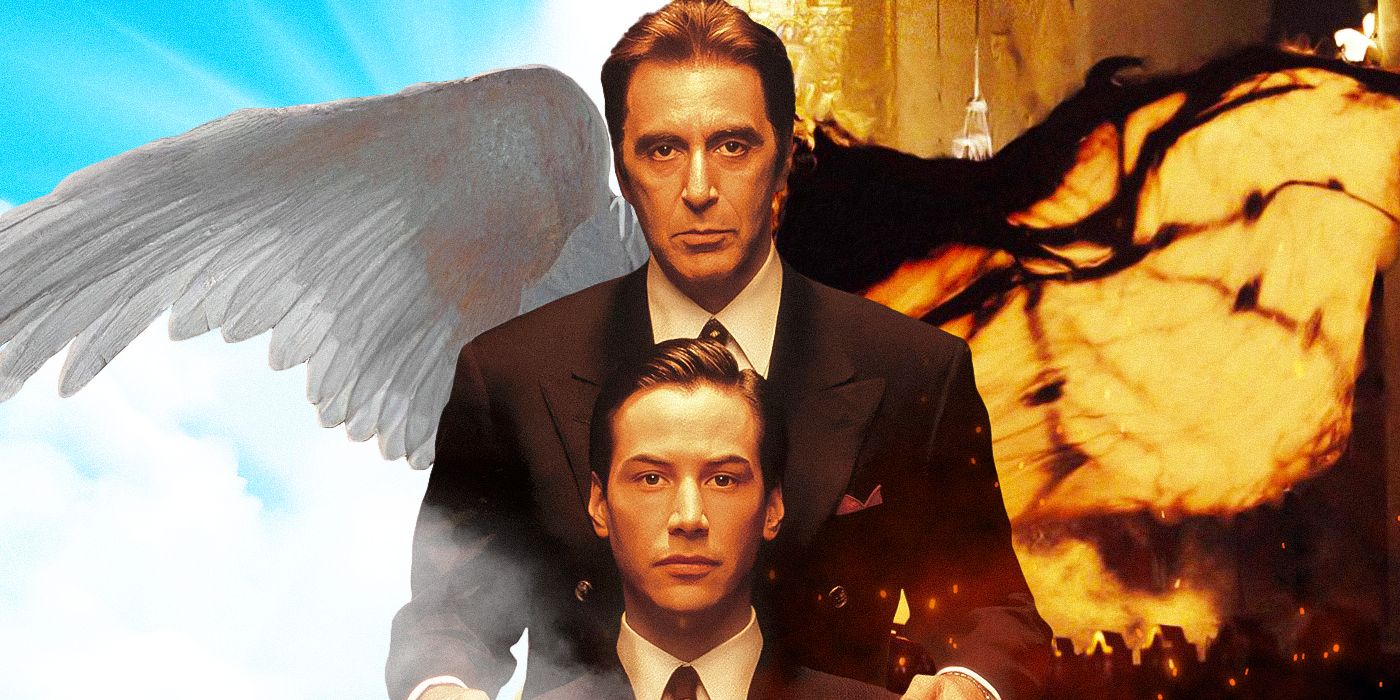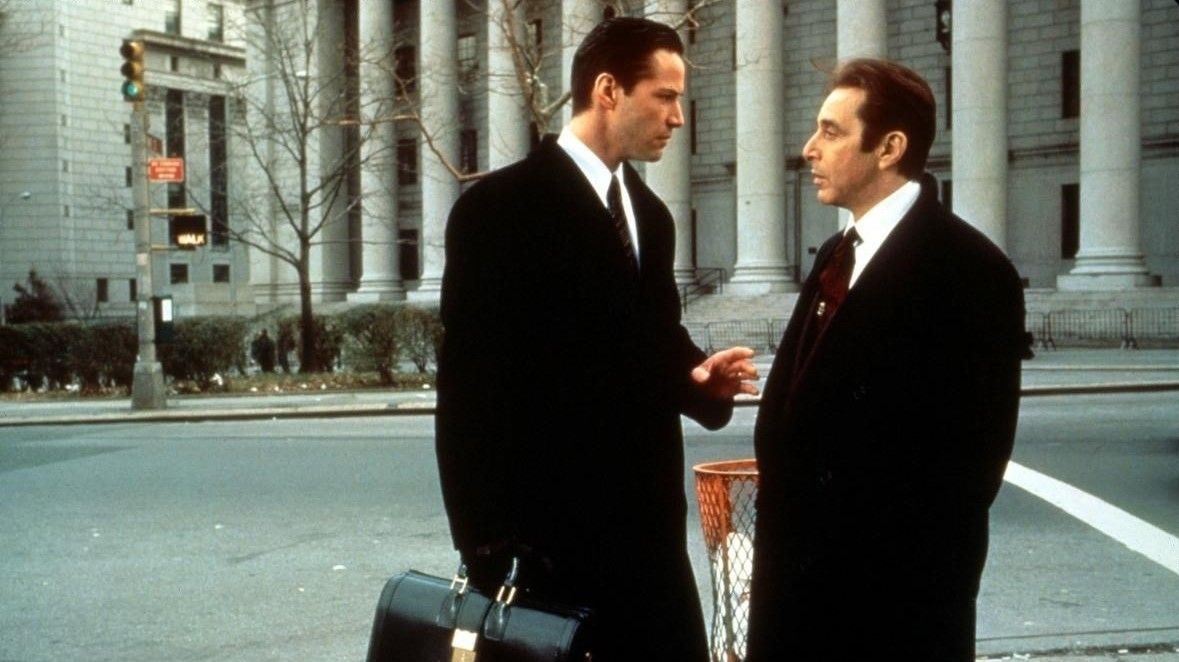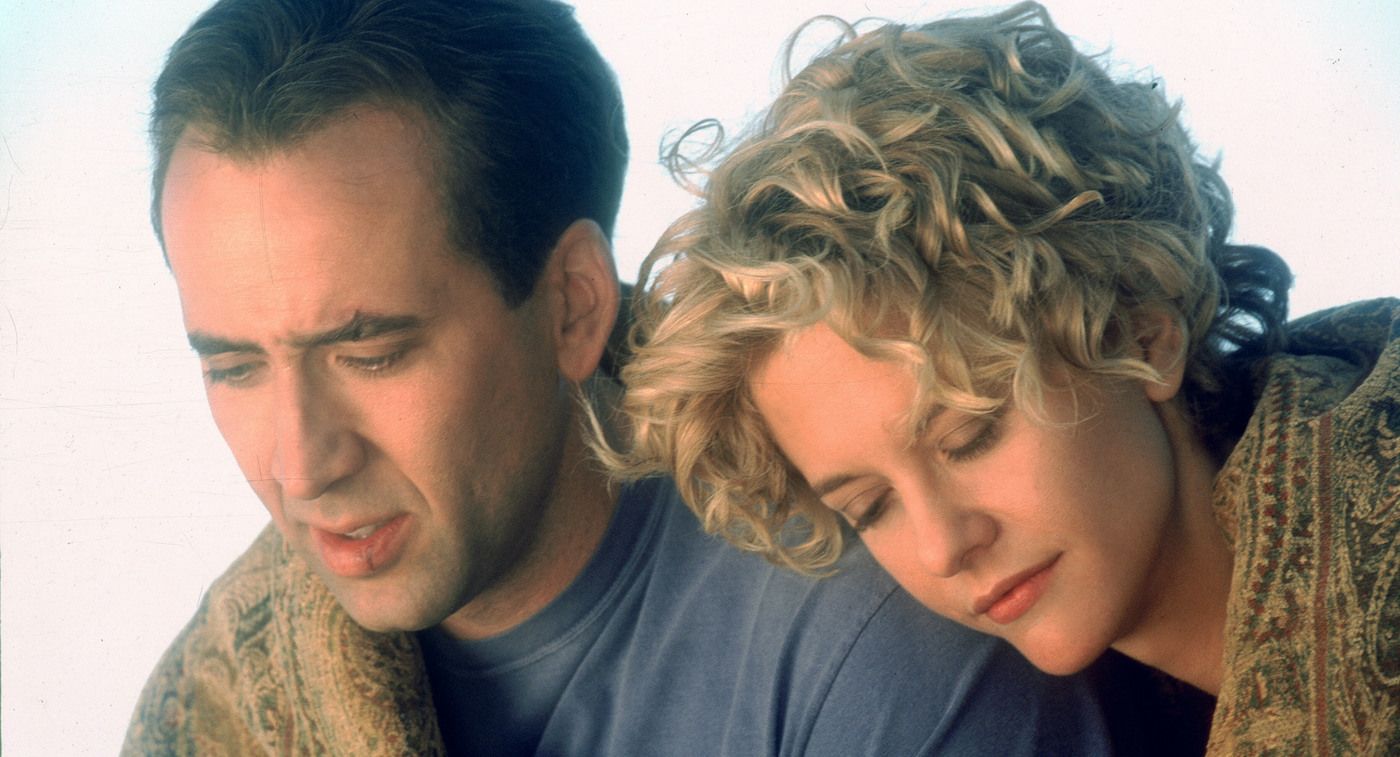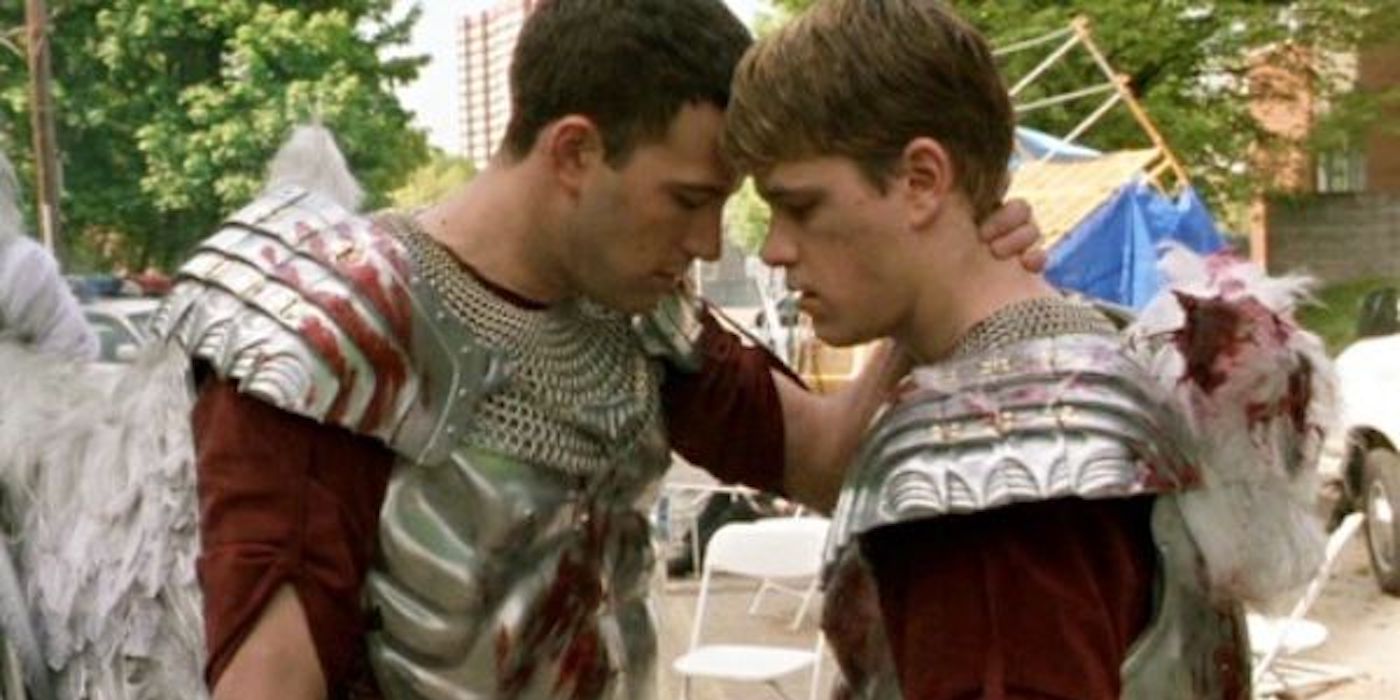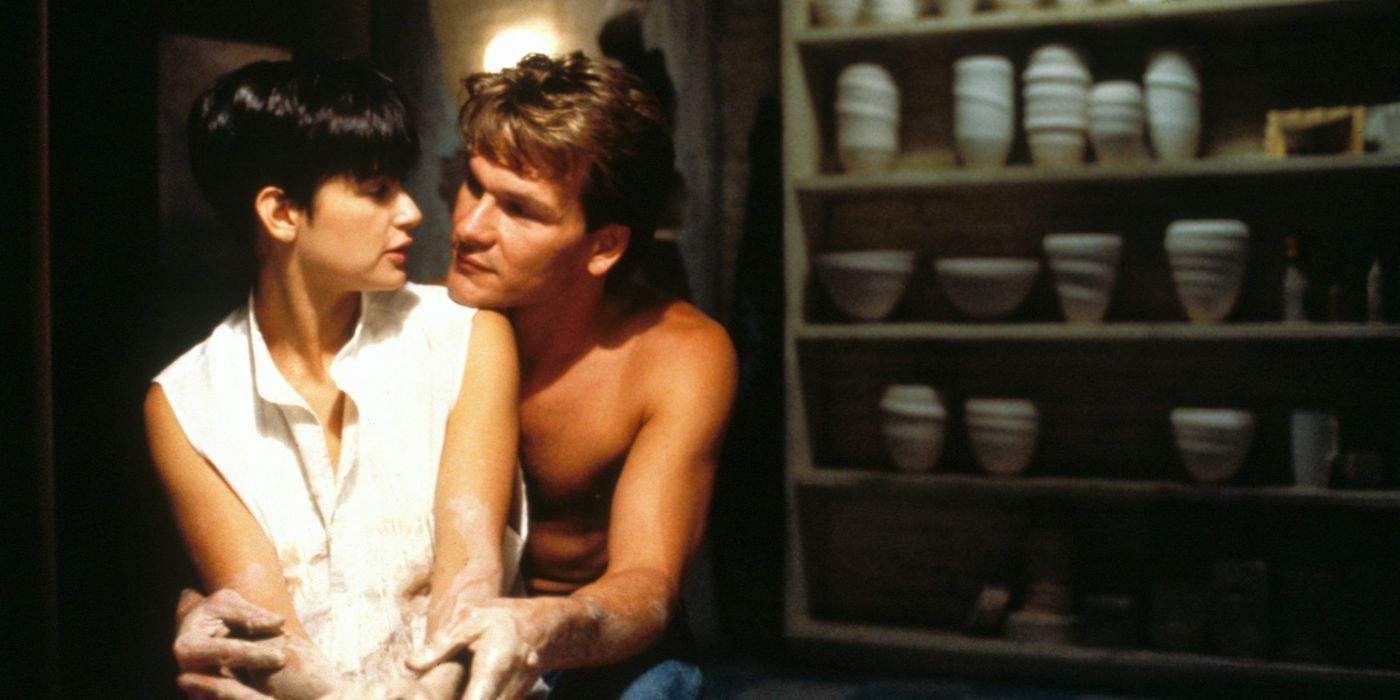While all decades are chaotic in their own unique ways, the 1990s were an especially wild time when it came to American culture. It was the time of an explosion in alternative music and independent cinema changing the pop culture landscape, one of the most controversy-ridden presidencies in recent memory (but then again, all presidencies are controversial, go figure.) The beginning of the Gulf War, the further mainstreaming of home computers and casual technology like cellphones, the hangover of the AIDS/HIV epidemic of the late 80s, and not to mention the impending millennium change that was coined "Y2K." Amidst all this turmoil, Hollywood responded by leaning into...not-actually-Christian films that dealt heavily with concepts of angels and/or demons and, by extension, the existence of Heaven and Hell in America. Weird curveball it may be, if you look at some of the most notable films of this era, be they good or bad, successful or just remembered, you can glean some insight into the temperature of how America was feeling at the time and what audiences were responding to.
In 90s Movies, Demons Love to Shake Things Up
If there's any big binary difference between demons and angels (besides, y'know...the obvious), it's that they almost always have different ulterior motives for existing on Earth. The difference is in what that ulterior motive actually is. Let's start with demons, they're more fun and have more personality. In the case of Demons, they usually want to bring about war, the corruption of an innocent soul, or the complete end of the world (especially if they can get the Antichrist involved). Gabriel Byrne's Satan needed to have sex with a woman to produce the Antichrist to bring about the end of the world in End of Days.
The Prophecy was an entire franchise built around the concept of angels and demons engaging in a war over the fate of humanity. Frank Langella needed three books to summon the Devil in The Ninth Gate as part of a Satanic cult, and in the granddaddy of them all, Al Pacino torments Keanu Reeves in The Devil's Advocate into producing the Antichrist just so Keanu can prove that he's actually a swell guy by not doing it. Regardless of the specific motivation, the Devil loves to come down to Earth to drastically shake things up, go full-scorched Earth, and remake the world how they want it, fed up with the status quo at large. Hell, demonic forces even infected the growing superhero genre with Spawn, where a demon from Hell gave Spawn superpowers just so he could lead a demonic army into Armageddon.
90s Hollywood Saw Angels Focusing on Individual Experiences
Angels, on the other hand, seem unconcerned with the state of the world at large. They leave the world at large unchanged, and instead focus on changing the lives of individual people, wanting to help unique people heal their trauma, move on into the afterlife, or grow as human beings. Be it Nicolas Cage's role as an unironic object of attraction in City of Angels, leading dying people towards the soothing afterlife and yearning to be with Meg Ryan for her inherent goodness, or John Travolta as the fallen angel Michael looking to play matchmaker with William Hurt and Andie Macdowell. Delroy Lindo and Holly Hunter try desperately to keep Ewan McGregor and Cameron Diaz together in A Life Less Ordinary. Whatever the movie, angels put far more faith in the idea of saving individual people from themselves, rather than effect any meaningful large-scale societal change.
Don't Forget About Fallen Angels and Guardian Angels
There are two exceptions to this that don't apply to demons either; first is the "fallen angel," a once good angel who has turned against their ways for personal gain. Think Ben Affleck and Matt Damon in Dogma, instigating a war just so they can get back into Heaven, or Fallen, where a fallen angel continuously possesses mortal humans, so it can keep killing people. To bring The Prophecy back, Christopher Walken is a fallen angel trying to find a human soul, so Heaven can win a massive civil war. On the other hand, there's the "guardian angel": mortal people who die and are given the ability to watch over/protect a still-living person before eventually going to Heaven. Think Patrick Swayze watching over Demi Moore in Ghost, the ensemble of ghosts watching over Robert Downey, Jr. in Heart and Souls, or Robin Williams being led through the Afterlife by Cuba Gooding, Jr. in What Dreams May Come. With the notable exception of The Prophecy, these alternative angels are still more or less solely concerned with the outcome of one person's life, rather than interacting at all with anything larger going on in the world.
What Does This Have to Do With America?
It's important to note how while angels can "fall" from their pedestal of goodness into evil, the reverse never happens. As far as 90s Hollywood was concerned, there is no such thing as a Devil/demon capable of renouncing its evilness to become good, but there is always a chance an angel will succumb to the evils of the world. When viewed in the context of American culture at the time, this can be interpreted as reflecting a general insecurity as to the happiness and security of the primarily white, middle-class mainstream audiences of the time. Having come off of Reagan's administration framing America as in a new golden era, the transition into Clinton's scandals and drastic change amidst areas like technology, how entertainment was consumed and marketed, and the encompassing media coverage of national tragedies like the Columbine shooting and the Oklahoma City bombing, there was a feeling of lost innocence and being abruptly shaken awake from an idyllic dream.
By being given these kinds of religiously driven films that were simply using the aesthetic of Christianity to fuel conventional genre plots (as opposed to being "Christian films" driven by pushing the dogma), audiences were either being given a space to work out their anxieties about the surrounding turmoil, or they were being shown a comforting assurance that everything was going to work out okay and an angel was looking out for their soul.
There is another elephant in the room, though. To paraphrase Tobias Fünke, I don't want to blame it all on Y2K, but Y2K may have been the biggest contributor to this feeling of impending apocalypse. Many people were convinced that when the year 2000 hit, computers would malfunction due to not knowing how to interpret the number "00" correctly. This led to rampant speculation that all technology would cease to function, leading to the collapse of civilization; this in turn led to a certain panic in 1990s America that the year 2000 would trigger a change so massive that it would end life as it was known. So the idea of being exposed to films about demons triggering the Apocalypse and angels coming down to save the souls of those most in need and/or most deserving seems to serve as a kind of cinematic therapy for people going through an existential crisis as the country was seemingly hurtling towards oblivion. If Keanu Reeves could save his soul from Satan himself, if Arnold Schwarzenegger could stop Armageddon with a gun, and if an angel that looks like Nicolas Cage can see the beauty in everyday human souls, then surely everything will turn out alright.
Movies do not fix real life, however; nothing truly does. But American audiences in the 90s needed that solvent to make sense of a world that was constantly changing around them, and seemingly for the worse. What is an Armageddon if not the most drastic change imaginable? Furthermore, what is a guardian angel if not a metaphor for having faith in your ability to weather the challenges of life? When you live in a time when people around you are convinced the world is ending, the mass media machine is turning tragedies into spectacle, and in a decade where younger people showed a huge drop in religious affiliation, where better to turn to for solace than the church of cinema?

